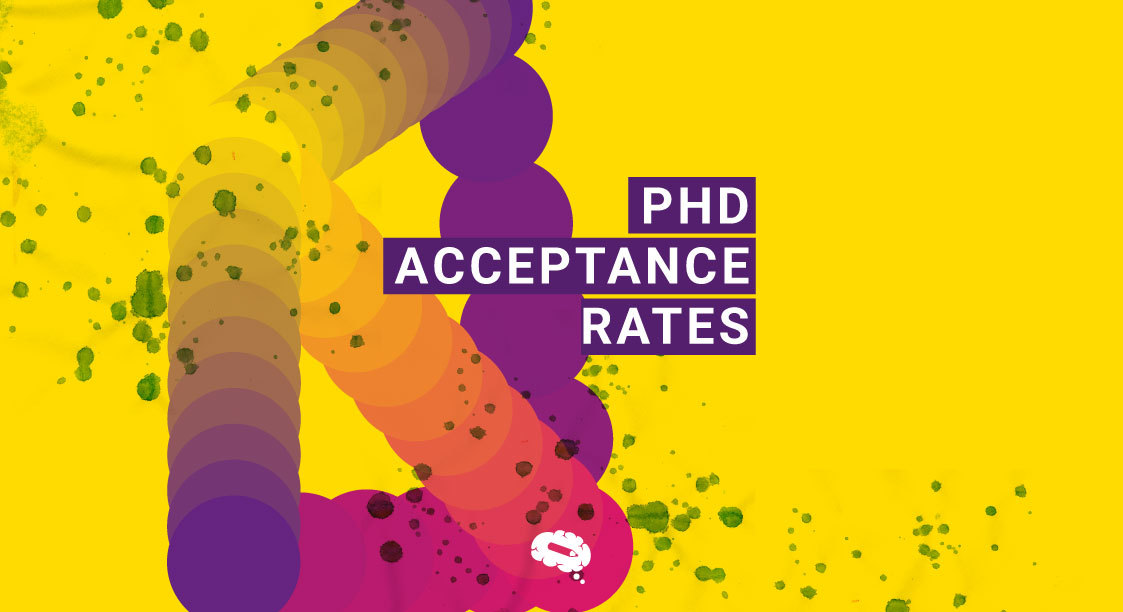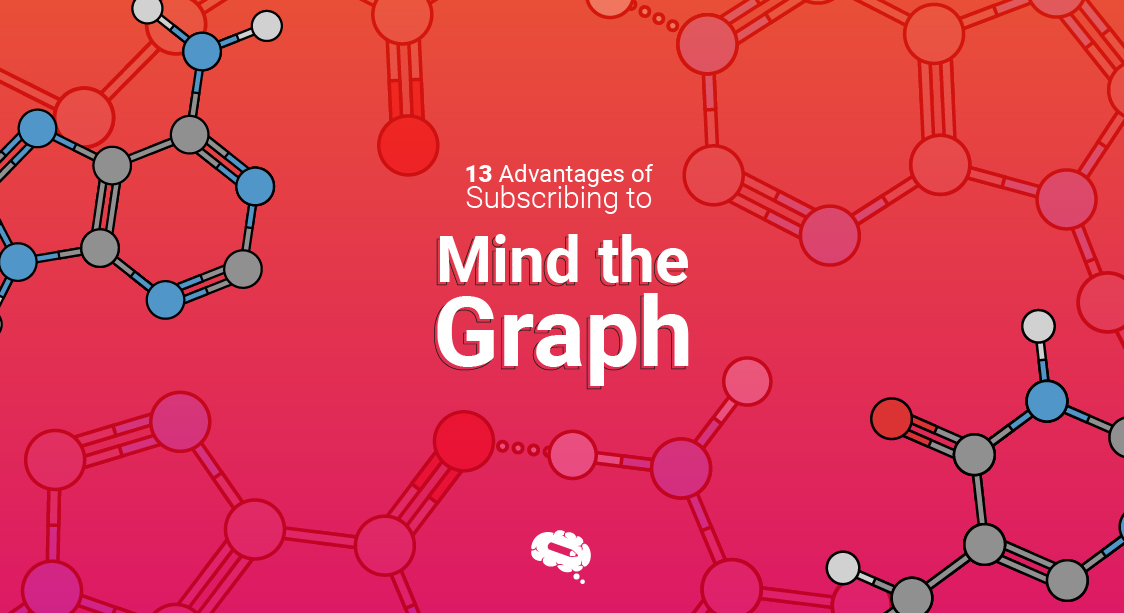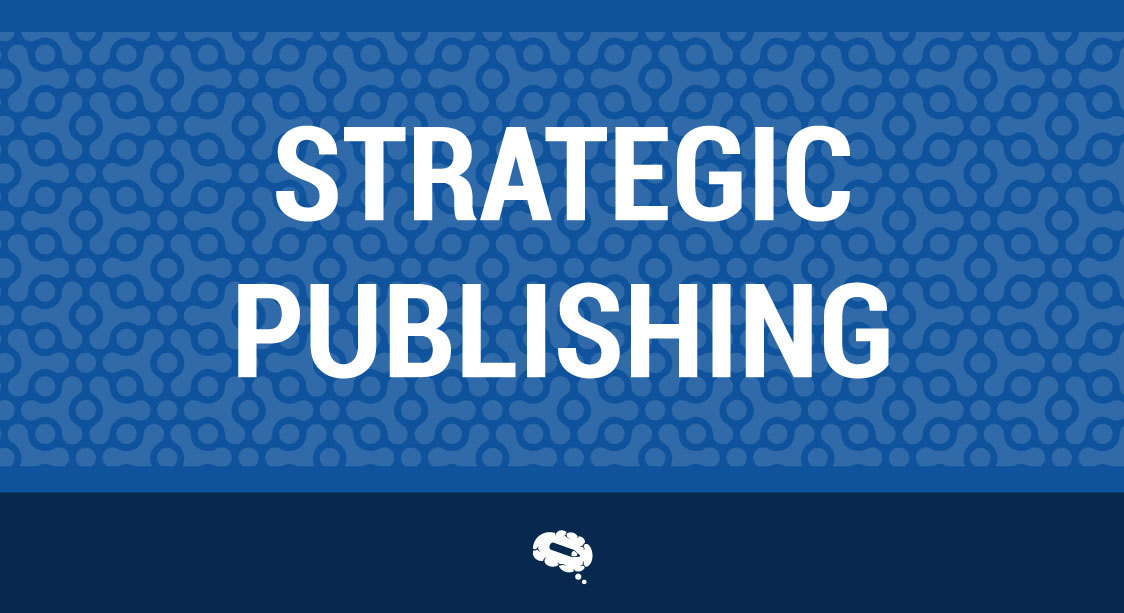Choosing to pursue a Ph.D. is a monumental undertaking, marked by intellectual curiosity, perseverance, and a deep desire to contribute to academic discourse. However, many aspiring scholars find themselves in a state of uncertainty when it comes to securing Ph.D. acceptance. The purpose of this blog is to explore the secrets that define the crucial phase of the academic journey, PhD acceptance rates. By highlighting insights and practical tips, we aim to illuminate the pathway for those seeking to navigate the competitive landscape of doctoral admissions. Come explore the nuances of academic achievement as we provide aspiring scholars with knowledge and strategies essential for success.
PHD
A Doctor of Philosophy, commonly referred to as a Ph.D., is the highest academic degree one can earn. PhDs are more than just qualifications; they represent expertise, mastery, and original contributions to a particular field. A Ph.D., derived from the Latin phrase “Philosophiae Doctor,” means “Doctor of Philosophy,” and can cover a wide range of subjects, including sciences, humanities, and social sciences.
As a Ph.D. student, you will engage in advanced, original research under the guidance of an experienced professor. A dissertation culminates this intense research process, which presents new knowledge to the academic community. During the process of obtaining a Ph.D., students must complete rigorous coursework, critically review literature, and develop an understanding of existing scholarship.
Related article: Conquer the PhD Struggles: A Practical Guide
Reasons To Pursue Ph. D
The decision to pursue a Ph.D. is an important one, and there are many compelling reasons to do so. Consider these motivations if you are interested in pursuing a Ph.D.:
Knowledge Is A Passion
Your curiosity drives you to delve deeply into a particular field of study. As a Ph.D. student, you can explore uncharted territories and contribute to human understanding as it expands.
A Desire To Grow Intellectually
In pursuing a Ph.D., one commits to furthering one’s intellectual development. The curriculum fosters a deep understanding of cutting-edge theories, methodologies, and research that extends beyond traditional academic disciplines.
Aspire To Be A Thought Leader
Your vision is to become a thought leader and an expert in your field. With a Ph.D., you gain not only new insight but also the ability to influence future research and shape academic discourse.
Contribution To Research
Contributing to the existing body of knowledge is a driving force. You can conduct original research while earning your Ph.D., addressing critical issues, solving problems, and making an impact on your field.
Opportunities For Career Advancement
You understand the potential career advancement that a Ph.D. can provide. It enhances your qualifications and positions you for a wide range of professional opportunities, whether you are interested in positions in academia, research institutions, or leadership positions in specialized fields.
Fulfillment And Achievement On A Personal Level
In addition to being a professional pursuit, a Ph.D. journey is also an extremely personal one. It is a testament to your dedication, resilience, and intellectual prowess that you have reached this pinnacle of academic achievement.
A Passion For Teaching And Mentoring
It appeals to you to share your knowledge and insights with future generations. Obtaining a Ph.D. allows you to engage in teaching and mentoring, fostering the intellectual development of students and contributing to the development of the next generation of scholars.
Networking Among Academics Around The World
Ph.D. research offers you the opportunity to collaborate internationally and network with peers. By collaborating with scholars globally, you can broaden your perspectives, contribute to an interconnected academic community, and collaborate on a variety of projects.
Process Of Ph.D. admission
Ph.D. admission processes vary between institutions and countries, but there are generally a few key steps involved. A typical overview looks like this:
1. Find A Program That Suits You And Do Your Research
Identify your area of interest and begin researching Ph.D. programs. Research opportunities, faculty expertise, and program reputation should all be considered. Your academic and research goals should be aligned with the programs you choose.
2. Review Admission Requirements
Review each program’s admission requirements thoroughly. A standardized test score (e.g., GRE or GMAT) and writing samples may be required along with academic transcripts, letters of recommendation, statements of purpose, resumes or curriculum vitae (CVs), and writing samples.
3. Contact Potential Advisors
Get in touch with faculty advisors whose research matches yours. When you establish contact early, you can determine whether supervision is available and discuss potential research projects.
4. Prepare Application Materials
Ensure that all application materials are collected. Documents required by the program may include transcripts from previous academic institutions, letters of recommendation, a well-written statement of purpose that highlights your research interests and goals, as well as a resume or CV.
5. Take Standardized Tests
Take any required standardized tests, such as the GRE (Graduate Record Examination) or GMAT (Graduate Management Admission Test). Check each program’s specific requirements.
6. Submit Online Application
For each Ph.D. program you are applying to, complete and submit the online application. Make sure you meet all application deadlines, which can vary by program and institution.
7. Application Fee
If applicable, pay the application fee. There are some programs that waive the application fee for certain applicants, so be sure to check the policies of the program.
Related article: Funding for Research — Why, Types of Funding, When, and How?
8. Await The Decision On Admission
Wait for the admission decision once your application has been submitted. The process can take up to several months. Shortlisted candidates may be interviewed by some programs.
9. Scholarships And Financial Aid
Learn about financial aid options, scholarships, and assistantships. Tuition waivers, scholarships, and research assistantships are some of the forms of funding that Ph.D. programs offer to admitted students.
10. Enrollment And Acceptance
Review any financial aid packages and admission offers carefully. Follow the institution’s enrollment procedures once you accept an offer.
Each Ph.D. program has its own admission requirements and guidelines, so it’s important to carefully review them before applying.
Factors Influencing PhD Acceptance Rates
Several factors influence the competitiveness of the application process for Ph.D. programs. In determining acceptance rates, the following factors often play an important role:
Program Reputation And Prestige
A Ph.D. program’s reputation and prestige, along with the institution that hosts it, play a key role. Due to a high number of competitive applications, renowned institutions often have lower acceptance rates.
Alignment Of Research And Faculty Fit
Research interests and faculty mentorship availability strongly influence acceptance rates, as do the alignment of the applicant’s research interests with the focus of the program. The programs are looking for candidates whose research interests are aligned with their own.
Admission Requirements And Academic Standards
Accreditation rates are directly affected by the rigor of admission requirements, including academic qualifications and standardized test scores. PhD acceptance rates may be lower for programs with high academic standards.
Related article: Doctoral Degrees In The Digital Age: Can You Get A PhD Online?
Financial Aid And Funding Opportunities
Students who are able to receive financial aid, such as tuition waivers, stipends, and research assistantships, are likely to be competitive. A higher volume of applications may be experienced by programs with attractive funding packages.
Diversity And Holistic Admissions
A wide range of factors beyond traditional academic metrics may be considered in PhD programs that value diversity. Diverse perspectives and backgrounds may make an institution’s admissions process more competitive.
By understanding these factors, prospective students will be able to make strategic choices about where to apply and how to enhance their chances of admission to Ph.D. programs.
Admission Process Pitfalls To Avoid
Navigating the Ph.D. admission process can be complex, and avoiding common pitfalls is crucial for a successful application. Here are key pitfalls to steer clear of during the admission process:
Misaligned research
- Applicants who do not align their research interests with the faculty’s expertise or the program’s focus are at risk of making this mistake.
- Make sure your application is tailored to the research goals of each program and research faculty members whose work aligns with yours.
Generic Personal Statements
- The typical pitfall for applicants is to submit a generic or vague personal statement that fails to clearly articulate their research interests and motivations.
- Ensure your statement of purpose is personalized and compelling, emphasizing why you are a great candidate for the program.
Recommendations Underestimated
- Overlooking the importance of strong letters of recommendation is a common mistake.
- Avoid recommenders who cannot speak to your academic abilities, research potential, or personal attributes. Make sure they have enough information to write detailed and impactful letters.
Not Paying Attention To Program-Specific Requirements
- Failure to adhere to program requirements or deadlines is one of the most common mistakes.
- Take the time to read all of the application guidelines and follow them carefully. The program will provide you with specific instructions on how to submit required documents and meet deadlines.
Fit And Culture Are Overlooked
- Failure to assess the program and institution’s cultural fit and ethos.
- Make sure you research the program’s culture, values, and community in addition to its academic offerings. Make sure you choose a program where you will be able to flourish academically and personally.
Application Inaccuracies Or Missing Information
- Application materials that are incomplete or inaccurate are a common pitfall.
- Make sure all application materials are accurate and complete. Documentation must meet the requirements of the program, including transcripts, test scores, and other documentation.
If you avoid these pitfalls, your Ph.D. application will be more competitive and high quality, improving your chances of admission.
Communicate Science Visually With The Power Of The Bestand Free Infographic Maker
With this game-changer in academia, research and dissertations will be more straightforward. You can easily integrate visuals into your drafts using Mind the Graph‘s powerful tools, enhancing clarity and resulting in more citations. Engaging your audience visually can increase the accessibility and impact of your research. Using Mind the Graph will enhance your scientific communication with compelling infographics.

Subscribe to our newsletter
Exclusive high quality content about effective visual
communication in science.








